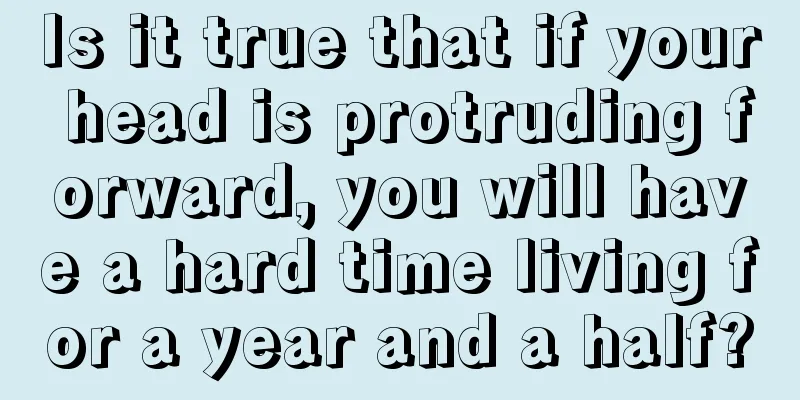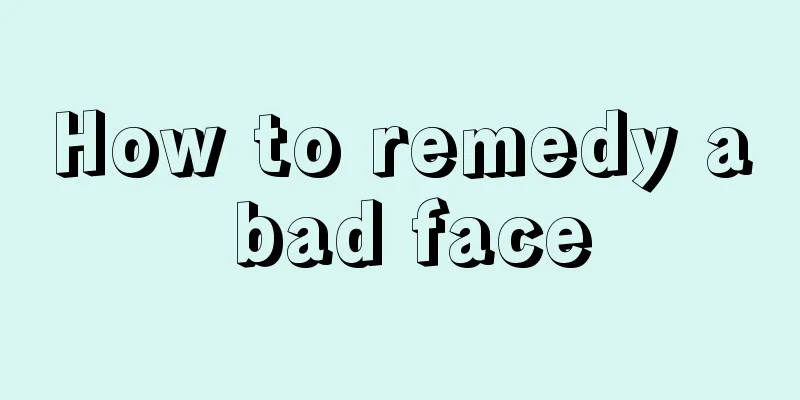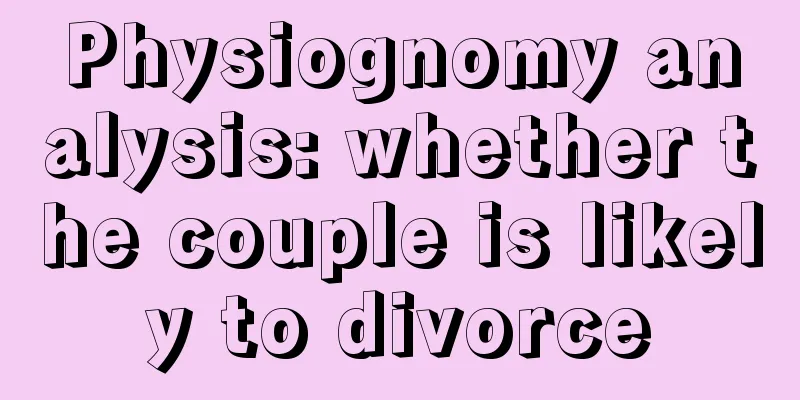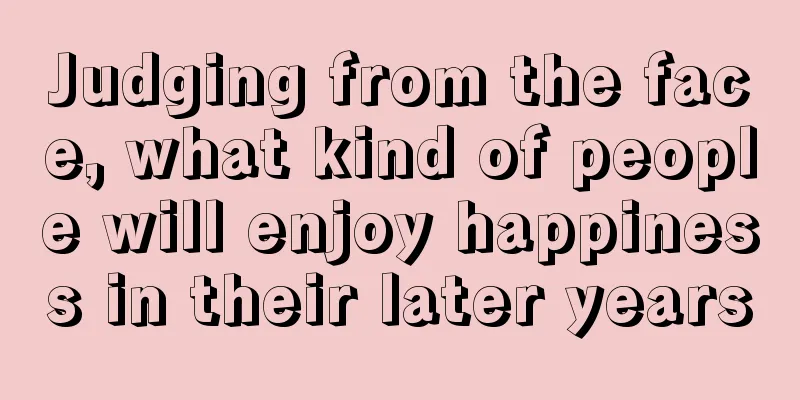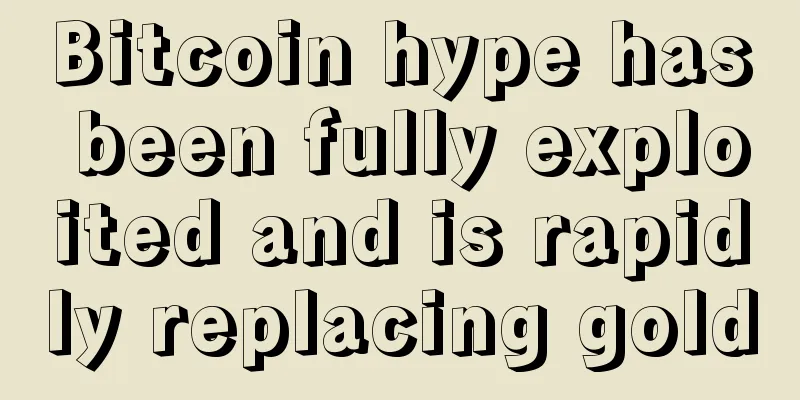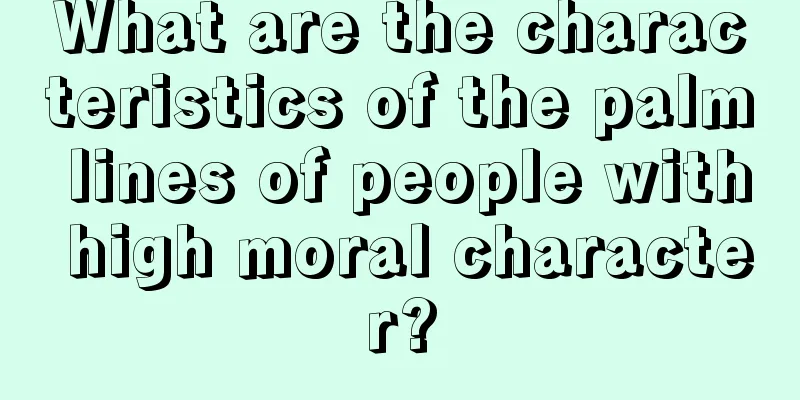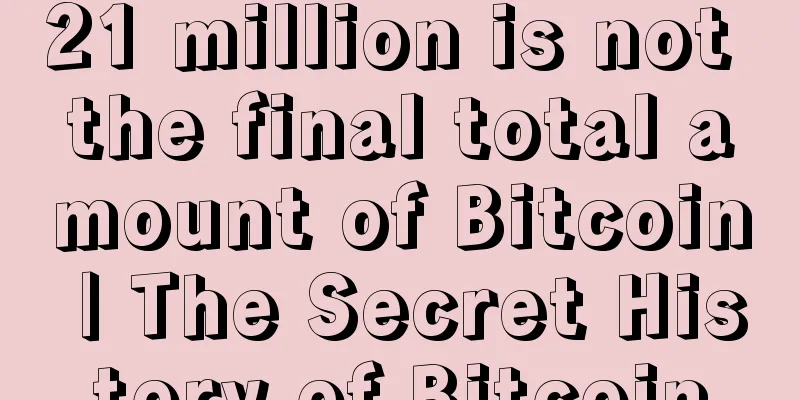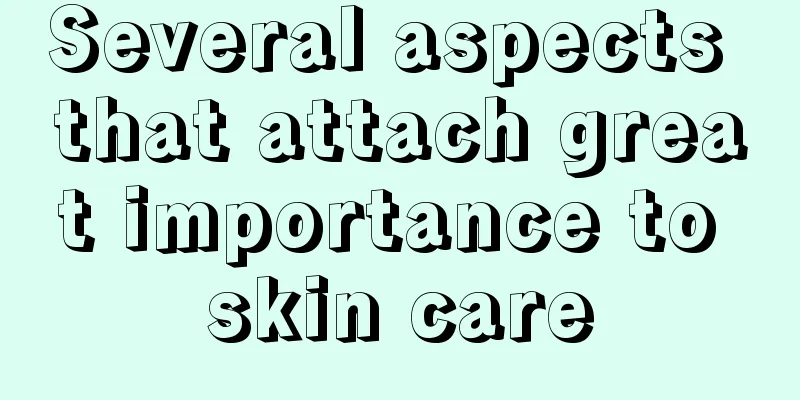GigaOm explores blockchain's impact on healthcare, IoT, insurance and more
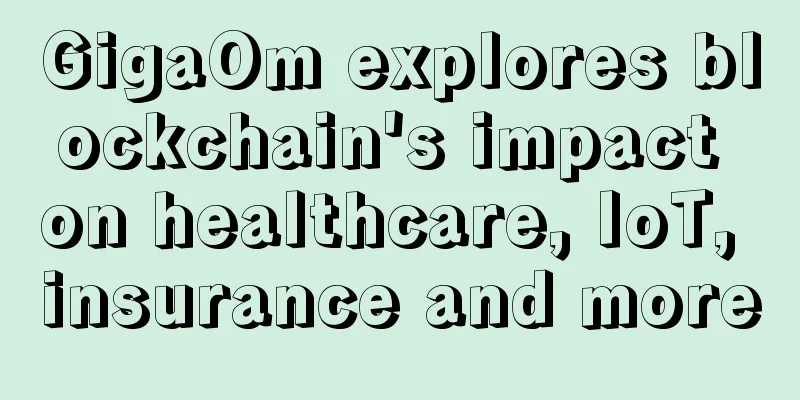
|
Rage Review : Currently, most blockchain focuses on finance or fintech, but GigaOm is exploring the impact of blockchain on industries such as healthcare, IoT, and insurance. As there are more and more security vulnerabilities in the current economy, many other fields have also begun to pay attention to the development of blockchain and how it can improve data management, increase transparency, verify the source of goods or identify authenticity, and solve the challenges brought by non-interoperable technical systems. Translation: Nicole Interest in blockchain has been growing in recent months, and now GigaOm is exploring the impact of this trend on enterprises in different fields. Although most of the current activities are still in the financial or fintech fields, there is also a growing interest in the impact of blockchain on the Internet of Things, healthcare, sharing economy and other fields. Smart contracts, anonymous identity management and cryptographic security are all application features that are not limited to the banking industry. The most obvious use case of distributed encrypted ledger data systems in the financial field is to make the settlement mechanism of financial transactions more efficient. Securities and banking transactions rely on clearing houses to authorize users at the end of each transaction, allowing funds to be transferred or completing a transaction, but in most cases, this takes about three days. Blockchain transactions can automate these types of transactions, removing middlemen and cutting costs for handling a large number of global financial transactions. A lot of fintech startup activity is focusing on mobile payments, remittances and broad collaborative initiatives, and large banks are building private blockchains (or permissioned blockchains), which are closed networks rather than open public blockchains. As there are more and more security vulnerabilities in the current economy, many other fields have begun to pay attention to the development of blockchain and how it can improve data management, increase transparency, verify the origin or authenticity of goods, and solve the challenges of non-interoperable technical systems. Moreover, we at GigaOm are also looking for new business models that blockchain can be applied in the next few years. In addition to the financial sector, we are also closely watching the next generation of blockchain companies and applications in the healthcare, insurance and IoT sectors. The healthcare sector is full of interoperability challenges that hinder the coordination of patient care and patient safety, while also bringing very high management costs. Blockchain startups such as Gem mainly apply blockchain technology to data management systems, which can connect separate data sets, which is extremely valuable because it can make medical applications and extremely more precise and durable. Current medical systems and traditional medical IT devices are not well able to manage the amount and type of data generated today, which will hinder the goal of achieving precise machines in a scalable and pragmatic way. Blockchain and application programming interfaces can drive electronic health record (EHR) applications, enhance the functions of current HER, and make patient treatment coordination and population health management more convenient, but it will take several years for this technology to become mainstream. IBM and other large IT vendors are collaborating with the Linux Foundation on the open source Hyperledger Project to promote innovation in the blockchain space. Most of these collaborations are driven by the rise of the Internet of Things and managing device data and services in the ecosystem. Smart contracts can enable micropayment services derived from IoT devices or sensor monitoring devices, and security concerns raised in the Internet of Things can also be addressed through blockchain data management functions. Other versions of blockchain applications such as Tangle are being developed to bring more cloud platform services to power IoT devices. In the context of microgrids and solar energy, new business models using smart contracts can make peer-to-peer energy and payment service sharing a reality. More sharing economies will become the connection point between blockchain and the insurance industry. If high efficiency can be achieved, and users and events can be verified, this can drive the development of new forms of insurance. Take AirBnB users as an example. However, this is a new form of insurance that involves crowdfunding and matching funding needs, just like the connection between Uber and AirBnB and taxis and houses. At the same time, we are also paying attention to micro-loans. The verification and tracking source functions of blockchain can reduce the occurrence of insurance fraud. In the medical field alone, medical fraud is the main cause of financial losses in the public sector. GigaOm is conducting original research, focusing on rapidly changing areas, and is looking for companies willing to collaborate with us on reports exploring innovative use cases for blockchain. If your company is interested in this kind of work and would like to share your ideas or applications, we would be happy to talk to you about collaboration in the coming weeks. |
>>: DAO critics believe Ethereum hard fork is a necessary step
Recommend
Bitcoin wallet standard discussion held in Germany may be related to wallet standard setting
From April 1st to 2nd, a Bitcoin wallet standards...
How to identify the face of a woman who kills her husband
Some women are very bad at killing their husbands...
Analysis of the face of women with cheekbones that harm their husbands
As one of the traditional physiognomy techniques, ...
How to tell the face of a kind girl
In today's complex society, there are not man...
Moles that indicate men are prone to cheating after marriage
Moles that indicate men are prone to cheating aft...
A woman with good looks who can enjoy the blessing of her husband
A woman with good looks who can enjoy the blessin...
How is the fate of a woman with a "Chuan" palm related to her offspring?
There are thousands of women in the world. Some o...
What is the fortune of a man with a knotty nose?
Introduction: The nose plays a relatively importa...
What kind of face is good for a man?
Everyone hopes to be blessed; so in physiognomy, ...
What kind of lip shape will lead to a career in government?
What kind of lip shape will lead to a career in g...
What does a mole on a woman's palm mean?
It is relatively rare to have a mole on the palm ...
What are the consequences of removing a mole near the mouth?
What are the consequences of removing a mole near...
Which types of women are prone to pride? Such people have too strong self-esteem.
In real life, a person who is easily proud cannot...
Analyzing the wealth of life from women's faces
Physiognomy is about judging a person's chara...
How can Ethereum options traders prepare for the migration to PoS?
Ethereum Foundation members expect the “merger” t...
